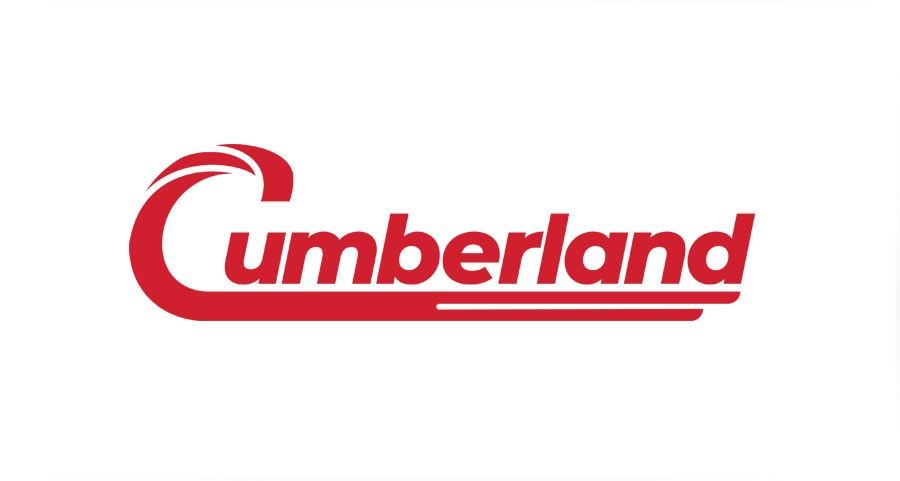Managing And Treating Your Livestock Manure Pits
Nov 23, 2022
Manure pits vary in size and design; but regardless of their differences, following the proper safety and treatment processes is a must.
Learn more about safely managing manure pits and treatment options for the most efficient waste control.
Safely Disposing of Livestock Manure
Livestock farms of all sizes produce manure. Knowing how to safely handle and store manure is part of everyday farm operations. Manure pits are a go-to storage and treatment option across the agricultural industry.
From general biohazard safety to environment best practices, there are several important considerations when storing manure.
Shop for manure handling equipment to safely control or dispose of manure.
Keep Water Clean: Prevent Manure Runoff
Separate or in-barn manure pits that are properly sealed typically pose minimal runoff risk.
Here are some best practices to prevent run off:
●Always divert rooftop or surface runoff away from manure storage.
●Store the manure out of a flood hazard area.
●Avoid steep slopes when siting your storage location.
Prepare For Atmospheric Conditions Of Manure Pits
The breakdown of manure creates a number of toxic and explosive gasses, including
●Hydrogen sulfide
●Carbon dioxide
●Ammonia
●Carbon monoxide
●Methane
Some of these gasses can cause oxygen-deficient air, leading to loss of consciousness, suffocation, and even drowning.
Always be sure to run adequate ventilation for indoor manure pits. Make personal protective equipment (PPE) readily available, and have a strict, clearly defined safety procedure for entering pits.
Conduct Frequent Inspection And Maintenance
Create a routine for inspecting pumps, engines and other hardware needed to operate manure pits. Also inspect ventilation systems.
Always ensure that ventilation for enclosed manure pits meet national consensus standards and federal government regulations. This includes ensuring forced ventilation is able to meet the minimum run times and air exchange rates necessary to reduce risk from asphyxiation, poisoning, and explosions caused by gas build-up.
Enclose Lagoon-style Manure Pits
Manure lagoons are an excellent solution for long-term manure storage at a low cost. Lagoons should be enclosed with a fence to prevent animals or debris from entering the pit.
Manure Pit Treatment Options and Best Practices
Treating a manure pit is a part of regular operation and should be integrated with any management plan.
Additives are commonly used to treat manure, and are done with differing objectives. In some instances, treatment is done as a means of odor reduction or to control the release of gasses. In other cases, treatment may be necessary to aid in solid and liquid separation or to help homogenize manure.
Odor Treatment Manure Additives
It’s no surprise that manure generates several odor causing compounds. It also attracts insects like flies. Treatment options like Hammer Plus™ combine natural microbes, essential oils, and other ingredients to treat odor and repel insects.
Manure Treatment For Solid-Liquid Separation
Treatments can be used to help the manure separation process. Some treatments work by converting soluble minerals to insoluble compounds. Meanwhile, some treatments cause smaller waste particles to join into larger particles. Depending on the situation these chemicals may be used by themselves or combined.
Other treatments, like Microbe-Lift® Sludge Away use natural microbes to assist in the breakdown of surface solids and bottom sludge, for a better homogenized liquid manure. Options are available in both liquid and stable, solid block form depending on the manure storage design.
Manure Pit Treatment Supplies From Farmer Boy
No matter the size of your livestock farm, Farmer Boy has the essential supplies you need to operate safely. Shop our selection of manure handling equipment and pit treatment options to make manure management simple.
Need help finding the right solution? Give our sales team a call at 1-800-845-3374 for assistance or contact us online.






